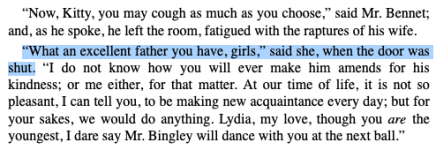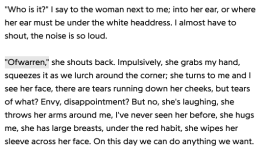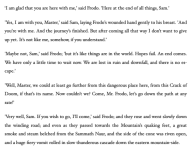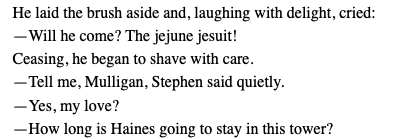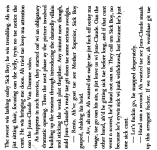ElectricBlue
Joined 10 Years Ago
- Joined
- May 10, 2014
- Posts
- 16,373
You said that the only other way to designate dialogue is to use the character's name. That is simply not true. You will find many instances where dialogue uses other techniques to designate who the speaker is, that are still grammatically correct.Yes it is. As I said, different punctuation marks have different purposes for a damn reason. This is English-Literature 1 0 fucking 1.
Both of these dialogue stubs are incorrect."You're late." Zoey said.
"I'm sorry, Mistress Zoey." Aaron said.
They should read
'Zoey said' and 'Aaron said' are both dialogue tags, so the preceding dialogue sentence needs a comma, not a full stop. This is Grammar 101, but I don't think you're accepting it."You're late," Zoey said.
"I'm sorry, Mistress Zoey," Aaron said.
